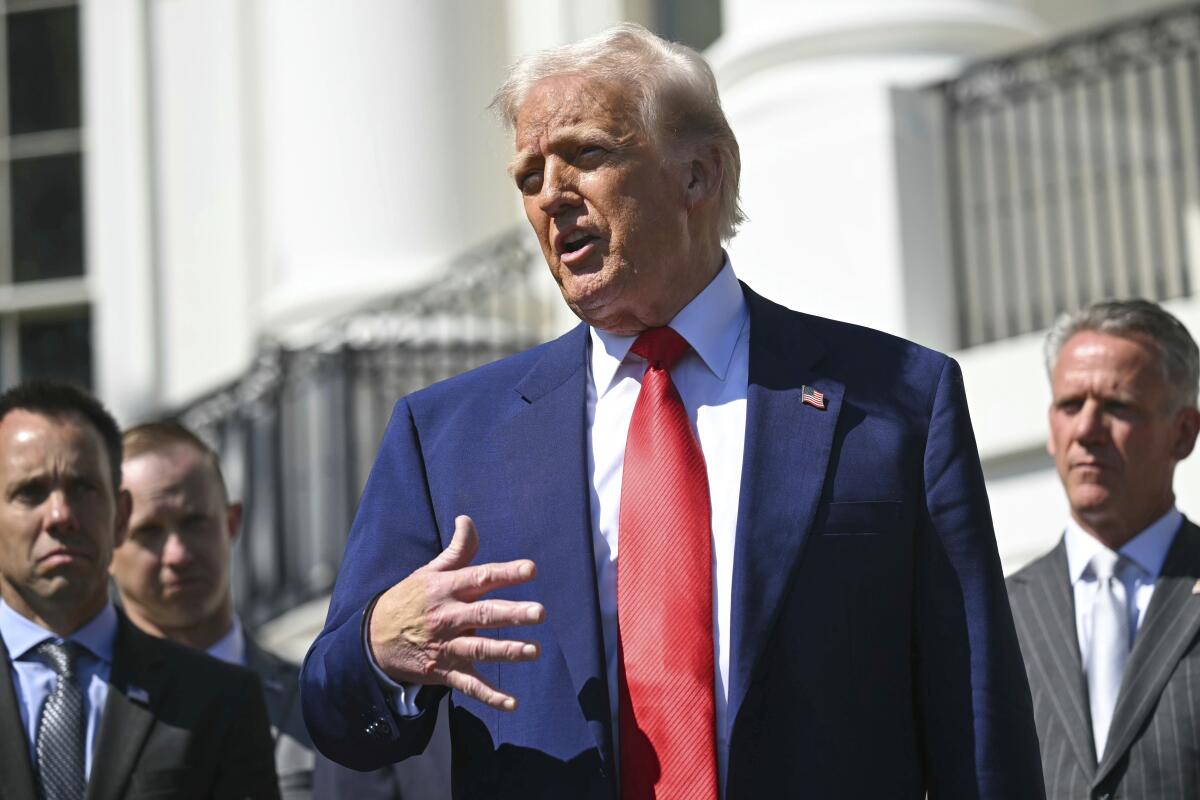Executive Summary
- The United States agreed to halt bombing in Yemen after the Houthis pledged to stop attacking U.S. vessels in the Red Sea.
- The Houthis stated that they will continue attacks against Israel, despite the ceasefire with the US.
- Oman played a key mediating role in brokering the ceasefire agreement between the US and the Houthis.
Event Overview
President Trump announced that the United States would cease its bombing campaign against the Houthis in Yemen after receiving assurances that the group would stop attacking American ships in the Red Sea. The ceasefire was mediated by Oman. The Houthis, however, have stated that their operations against Israel would continue. This announcement follows a period of increased tensions and military action in the region, including U.S. airstrikes and Israeli retaliatory strikes within Yemen.
Media Coverage Comparison
| Source | Key Angle / Focus | Unique Details Mentioned | Tone |
|---|---|---|---|
| Al Jazeera | Trump's announcement of a ceasefire and Oman's confirmation of brokering the deal. | The US State Department clarified the agreement relates directly to Houthi operations in the coast of Yemen regarding US shipping. Mentions possible Iranian influence on Houthi de-escalation. | Neutral, factual reporting with some analysis. |
| ABC News | Trump's announcement and Houthi's conditional acceptance; details of US military losses. | Reports the Houthis will 'evaluate' the ceasefire. Details the cost of US military actions, including lost drones and a fighter jet. Mentions internal communications leak within the Trump administration. | Objective, with a focus on political context and military consequences. |
| The New York Times | Deal to halt American airstrikes after the Iranian-backed militants agreed to cease attacks against American vessels. | The Houthis portrayed the deal as a victory for the militia and a failure for Mr. Trump. | Neutral, focusing on political implications. |
| Newsweek | Houthi's continuation of attacks on Israel despite the US ceasefire, implications for US-Israel relations. | Arab countries welcomed the ceasefire. Head of the Houthi Supreme Political Council stated escalation would impact Trump's Middle East visit. | Analytical, highlighting potential consequences and diverging narratives. |
Key Details & Data Points
- What: The United States and the Houthis in Yemen have reached a ceasefire agreement, halting US bombing campaigns in exchange for a Houthi promise to cease attacks on American vessels in the Red Sea. However, the Houthis plan to continue attacks on Israel.
- Who: Key players include US President Donald Trump, the Houthi Supreme Political Council, Omani Foreign Minister Badr Albusaidi, and Israeli forces.
- When: The ceasefire agreement was announced on May 6, 2025. The US had been conducting airstrikes in Yemen for approximately two months prior to the agreement, starting around March 15, 2025. The conflict in the Red Sea began around October 8, 2023.
- Where: The events are primarily unfolding in Yemen, the Red Sea, and the Bab al-Mandab Strait. Discussions and announcements took place in Washington, D.C., and Sana'a.
Key Statistics:
- US conducted over 800 strikes in Yemen: (since March 15, 2025)
- 7: Reaper drones lost by US military since March 15, 2025 (costing $30 million each)
- 2: F/A-18 Super Hornet fighter jets lost by US Navy (estimated $60 million each)
Analysis & Context
The ceasefire agreement between the US and the Houthis presents a complex situation. While it addresses the immediate threat to US vessels in the Red Sea, the Houthis' continued aggression towards Israel raises concerns about regional stability and the long-term effectiveness of the truce. The agreement also highlights the diverging priorities of the US, focused on maritime security, and the Houthis, focused on their conflict with Israel. The role of Oman as a mediator suggests a potential diplomatic pathway forward, but the conflicting narratives from the US and the Houthis indicate a fragile understanding that could easily be disrupted. The cost of the US military campaign and the loss of military assets further complicate the situation.
Notable Quotes
The Houthis have announced to us that they don’t want to fight any more. They just don’t want to fight, and we will honor that, and we will stop the bombings.
Trump's announcement of a halt to America’s aggression against Yemen will be evaluated on the ground first.
Yemen's operations will not stop, and the preliminary understanding with the Americans has nothing to do with our position on supporting Gaza.
Whoever gets involved in aggression against Yemen will face the same consequences and losses suffered by the Americans. We advise everyone to focus on supporting Gaza and delivering aid—that is the solution to the region's problems.
Conclusion
The US-Houthi ceasefire represents a tentative step towards de-escalation in Yemen, primarily focused on securing Red Sea shipping lanes. However, the Houthis' declared intention to continue attacks against Israel introduces a significant element of uncertainty. The success of this agreement hinges on the Houthis honoring their commitment to halt attacks on US vessels and the willingness of all parties to engage in further diplomatic efforts to address the broader regional conflict. The situation remains fluid, and future developments will likely depend on the evolving dynamics between the US, the Houthis, Israel, and other regional actors.
Disclaimer: This article was generated by an AI system that synthesizes information from multiple news sources. While efforts are made to ensure accuracy and objectivity, reporting nuances, potential biases, or errors from original sources may be reflected. The information presented here is for informational purposes and should be verified with primary sources, especially for critical decisions.









